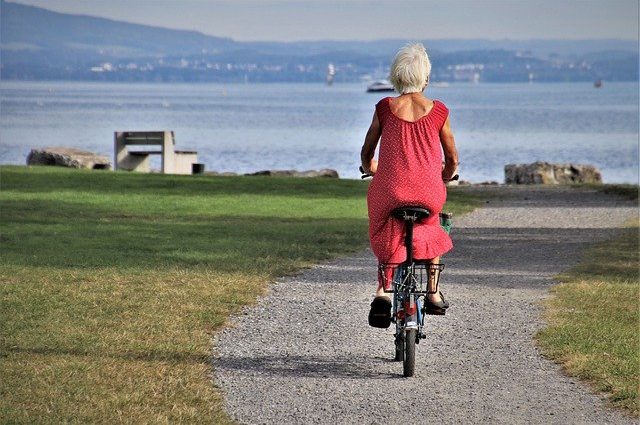Women don’t have it easy with their bodies. Throughout their lives, they are exposed to strong hormonal fluctuations. One of these phases in life is unknown to many. It is the perimenopause. It is the period that begins a few years before the end of the last menstrual period. In other words, immediately before the start of the menopause. The perimenopause brings with it many complaints. Doctors have found some tips to help you manage them better.
What are the symptoms of the perimenopause?
Hormonal changes are always associated with different problems. It is typically said that the phase has 1,000 faces. They manifest themselves differently in every woman and with varying intensity. The following symptoms are generally attributed to it:
- increased fatigueInsomnia
- night sweats
- Increased mood swings
- feelings of heat
- circling of the mind
- Weight gain
- feeling less energetic
- Short-term, cognitive slowing down
Depending on who is suffering from which problems, different approaches are recommended.
What helps with the problems of the perimenopause?
Here are some of the most common recommendations:
Nutritional supplementation
As we age, certain substances are needed more or less. Have your blood tested by your doctor. Test to see if there is a deficiency due to the perimenopause. If this is the case, you can take food supplements in consultation with your doctor: Vitamin B12, vitamin D, iron – these are the typical candidates.
Massage with aromatherapy
The experts at Massage Zug recommend a massage in combination with aromatherapy. Scientific studies indicate that these applications are able to improve psychological symptoms in particular. So stress and inner restlessness etc.
Physical exercise
Increasing physical exercise is helpful in many ways. On the one hand, it has a positive effect against weight gain. At the same time, it improves blood circulation, bowel movement and releases a little more dopamine.
Kegel exercises
Experts in urology recommend doing the exercises called Kegel exercises with the pelvic floor. They are said to reduce the likelihood of incontinence later on.
Help with hot flushes
It is generally known that tobacco, alcohol, coffee and spicy foods can trigger hot flushes. These foods and stimulants should be avoided.
At the same time, it makes sense to change your clothing strategy. Use several thin layers rather than one thick one. In case of a change, you can always take off or put on thinner layers. Just as it is appropriate for the current situation.
A small, portable fan is very good. Maybe one with a USB connection and a power bank. You can use it to cool down at any time.
Go to the doctor
Don’t be afraid to go to the doctor if your symptoms become too severe. There could always be other things behind it.
